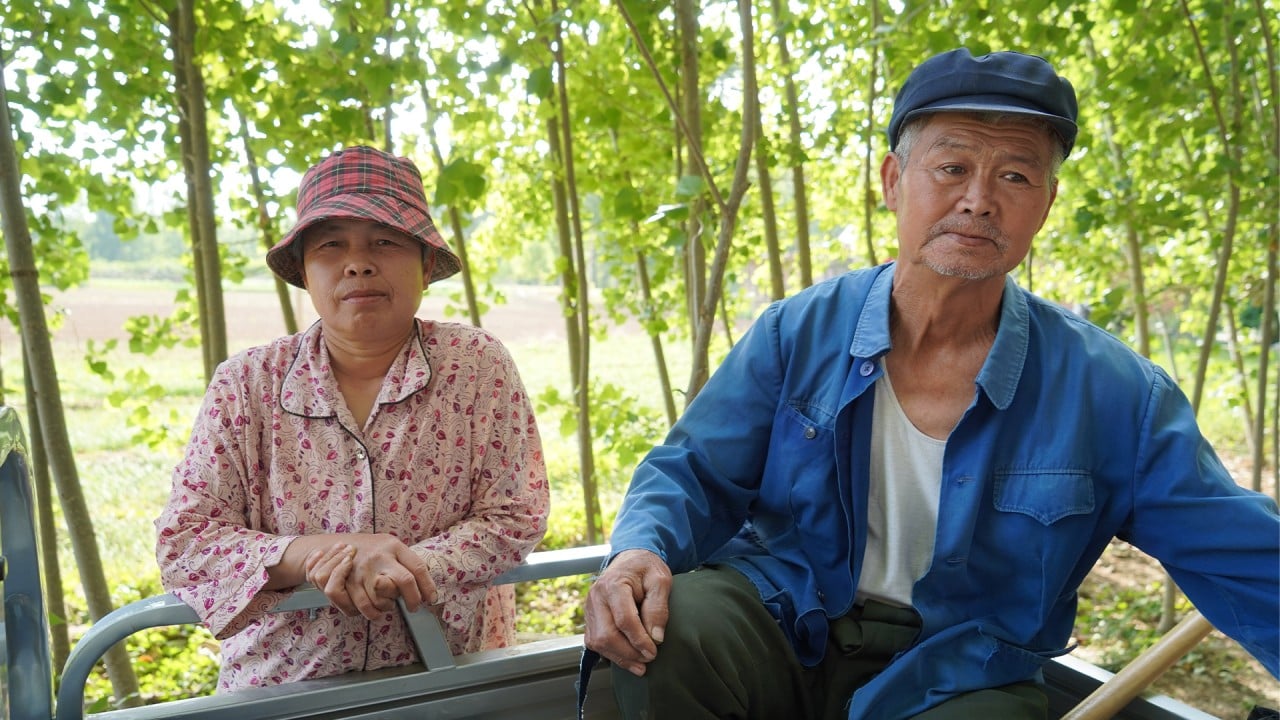The long-awaited preferential tax policies, regarded as a major tool for attracting people to enrol in the voluntary programme, should serve as a boost to a segment predicted by McKinsey & Company to be worth 10 trillion yuan (US$1.4 trillion) by 2030. Seen as providing long-term liquidity to the financial markets, pension funds drawn from individual private accounts are widely watched by financial institutions looking to cash in on future opportunities.
The tax cut is seen as a strong show of government support for the development of the private retirement scheme, dubbed the third pillar of China’s pension infrastructure, alongside the compulsory state pension and voluntary additional contributions by state-owned entities, companies and their workers.
“The actual tax burdens will significantly drop, and this should attract different income groups to the private pension accounts,” said Wang Fangchao, chief analyst of the nonbank financial sector at Cinda Securities.
Yet the impact could be limited in the early stages.
“Given the relatively small size of the taxpayer population, the marginal impact of the preferential taxes is expected to be limited in the short run. [Its development] in the future will still depend on the elevation of residents’ income levels,” said Sun Ting, an analyst at Haitong Securities.
Employees that qualify for the pension scheme are only allowed to deposit up to 12,000 yuan per year in their private accounts, diluting the benefits of the tax break.
The actual tax reduction will be no more than 0.6 per cent for all income groups, according to Kaiyuan Securities.
“The current set-up for tax policies is relatively more attractive for middle-class individuals – those with monthly salary more than 10,000 yuan,” said Leo Shen, head of fund management, China, at German asset manager Allianz Global Investors. “More incentives will be needed to attract lower-income individuals to participate in the private pension scheme.”
International providers, including Manulife, Allianz and China Asset Management, said they are improving their products and services in a bid to gain a bigger share of the market.
“Advancements in product design features, the buying process, the tax situation of the individual, investor education and engagement are all equally important in driving pillar 3 penetration,” said Calvin Chiu, head of Asia retirement at Manulife Investment Management.
These are the areas where international players can add value, he said.
“The tax incentives will not have an immediate impact on offshore players,” said Sally Wong, chief executive officer of the Hong Kong Investment Funds Association. “Their involvement is limited, and the pension schemes are not completely open to offshore players.”
To improve the ecosystem and lure more people to sign up, experts have called for measures to allow for greater involvement of international players, and less restrictions on mainland pension funds wishing to invest in overseas products. Government or employer contributions, or subsidies, could also encourage more participation, Wong said.
“[The latest announcement] is an important step to bring more clarity for pension savers on how they will be taxed through the life cycle of their investments,” said Renee Kwok, chief operating officer, Asia-Pacific at Invesco.
Stay connected with us on social media platform for instant update click here to join our Twitter, & Facebook
We are now on Telegram. Click here to join our channel (@TechiUpdate) and stay updated with the latest Technology headlines.
For all the latest Business News Click Here

